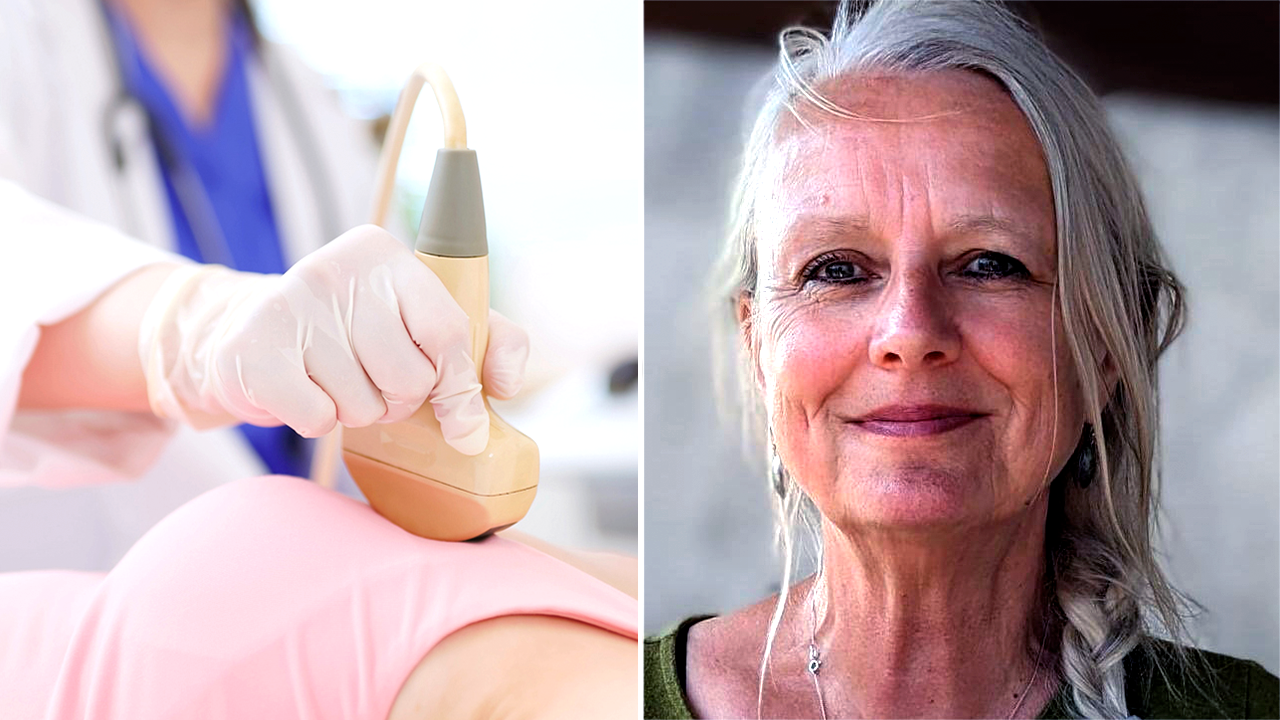AI detects woman’s breast cancer after routine screening missed it

A U.K. woman is expressing her gratitude towards artificial intelligence for potentially saving her life. Sheila Tooth, a resident of Littlehampton, West Sussex, recently had her breast cancer detected by AI after routine testing initially came back as “normal.” This breakthrough was made possible through the use of an AI system called Mammography Intelligent Assessment, which is being tested by University Hospitals Sussex.
Tooth, 68, had previously been diagnosed with non-invasive early breast cancer 15 years ago, so the news of a potential recurrence left her feeling understandably frightened. However, thanks to the AI technology, cancer cells that were undetectable by the human eye were picked up in her screening. This early detection allowed Tooth to undergo a lumpectomy without the need for further treatment.
Reflecting on her experience, Tooth expressed deep gratitude for the AI system, describing it as “extraordinary” and stating that she feels “amazed” by its capabilities. She acknowledged that without this technology, her cancer may have gone undetected and progressed into a more serious stage in her 70s.
Dr. Olga Strukowska, a consultant radiologist and director at the West Sussex Breast Screening Program, highlighted the importance of AI in improving cancer detection accuracy. She emphasized that early and accurate detection plays a crucial role in improving patient outcomes and reducing the number of missed cancers and false positives.
Dr. Harvey Castro, an ER physician and AI expert, praised Tooth’s story as a powerful testament to the life-saving potential of AI in breast cancer detection. He emphasized that AI should be seen as a tool to empower healthcare professionals rather than replace them, enabling them to deliver the highest standard of care.
Fox News medical contributor Dr. Nicole Saphier also weighed in on the significance of AI in transforming breast cancer detection. She noted that AI enhances the ability to spot subtle abnormalities that might be overlooked by the human eye, leading to earlier diagnoses and improved treatment outcomes.
While the advancements in AI technology are impressive, Saphier emphasized the importance of a collaborative approach between human expertise and AI assistance. She highlighted the need for insurance companies to cover the additional cost of using AI to enhance cancer detection, ensuring that more patients can benefit from this cutting-edge technology.
In conclusion, Tooth’s experience serves as a poignant reminder of the life-saving potential of AI in healthcare. By leveraging the strengths of both human expertise and AI technology, we can improve cancer detection accuracy, provide patients with better treatment outcomes, and ultimately save lives.




